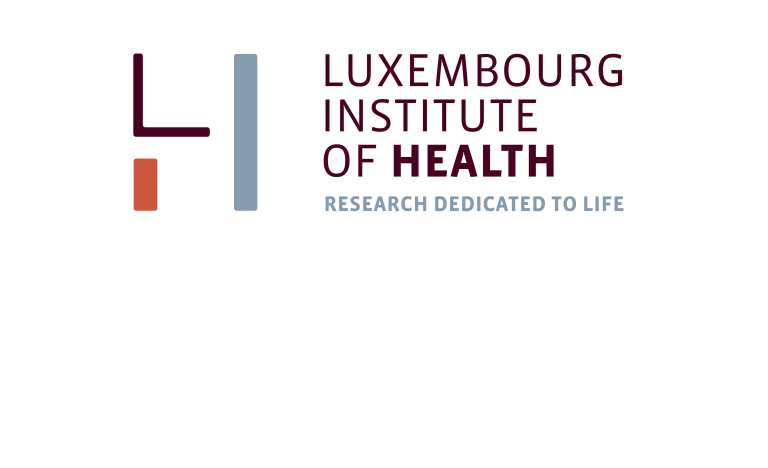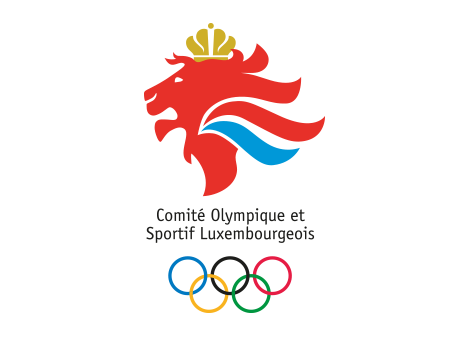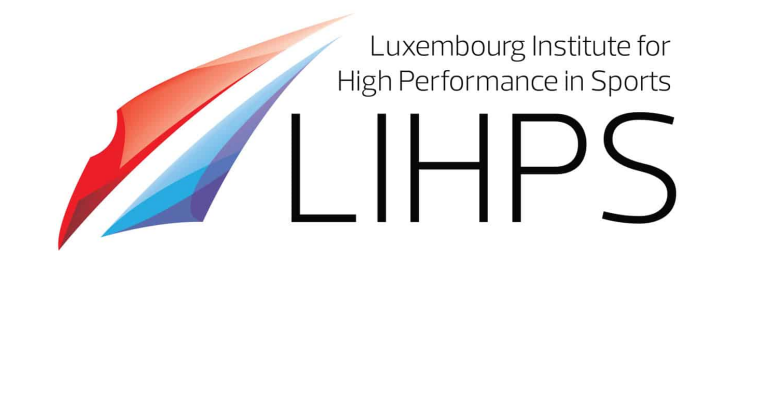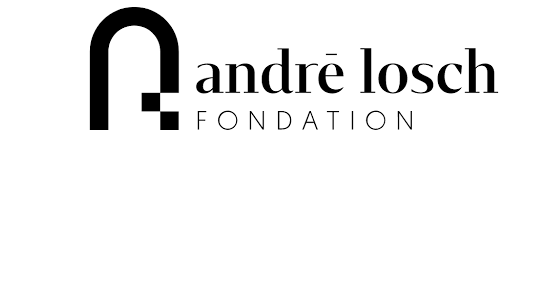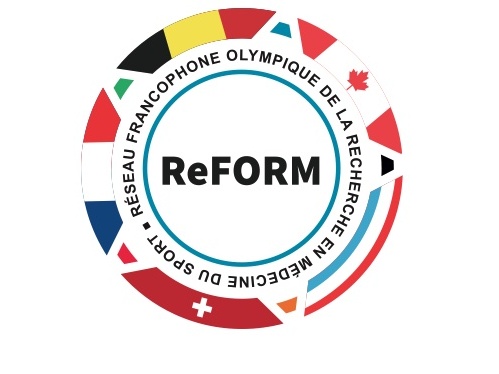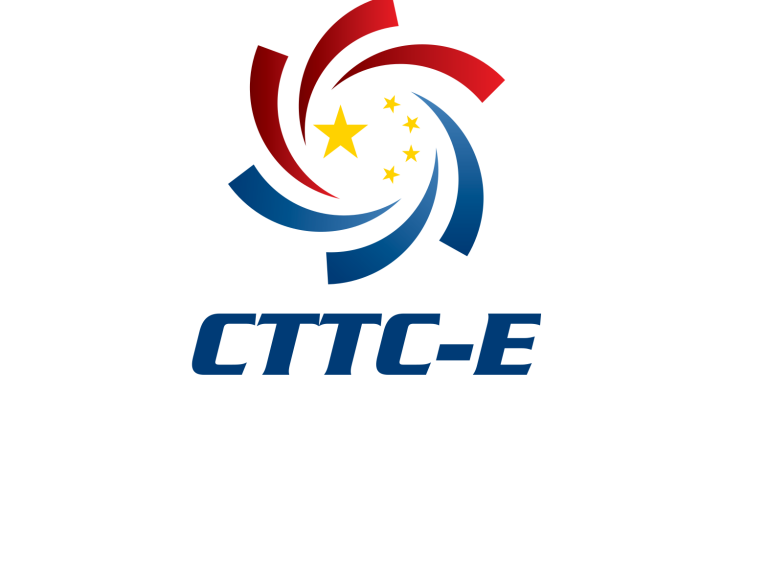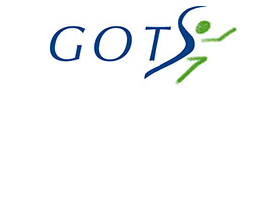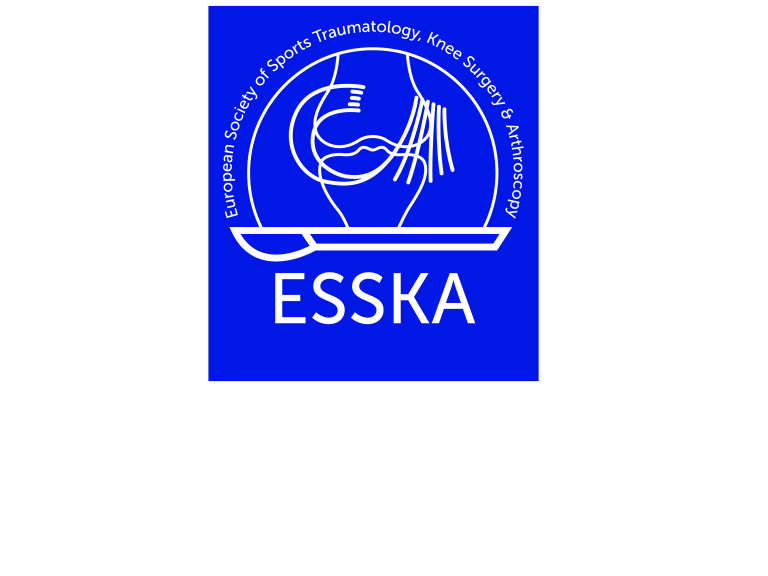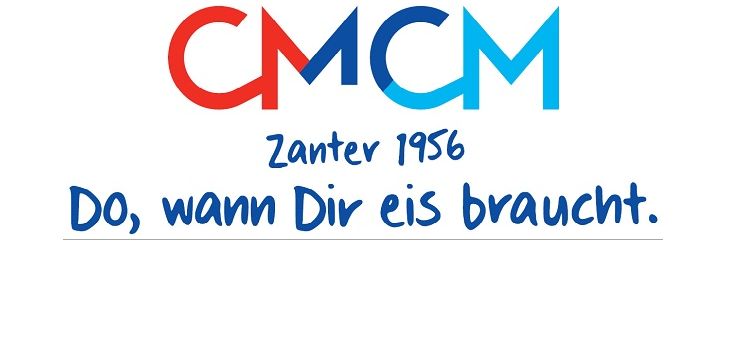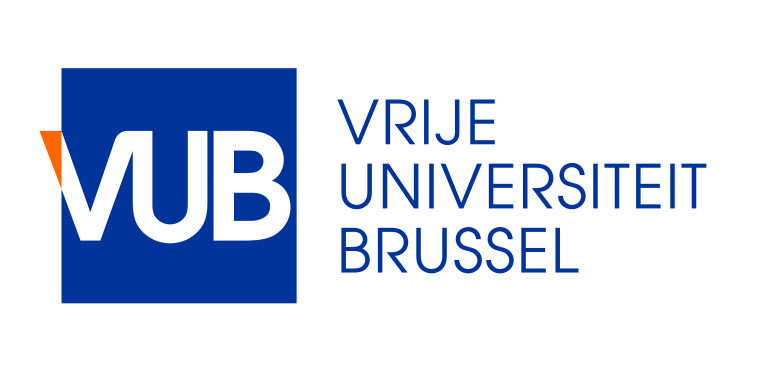Our partners
Including Clinical, research, Sports and Industry
The CHL was created by the law of 10th December 1975. It has the status of a public establishment with financial and administrative autonomy and is managed according to the forms and methods of private law.
The CHL is administered by an Administrative Commission made up of 13 members: 6 delegates from the State, 3 delegates from the City of Luxembourg, 2 delegates from the Fondation Norbert Metz since the merger with the Clinique d'Eich (now CHL Eich) and 2 delegates from the CHL staff.
The Luxembourg Institute of Health (LIH) is a public biomedical research organisation focused on precision health and invested in becoming a leading reference in Europe for the translation of scientific excellence into meaningful benefits for patients.
LIH places the patient at the heart of all its activities, driven by a collective obligation towards society to use knowledge and technology arising from research on patient-derived data to have a direct impact on people’s health. Its dedicated teams of multidisciplinary researchers strive for excellence, generating relevant knowledge linked to immune related diseases and cancer.
The Comité Olympique et Sportif Luxembourgeois (COSL) is recognised as a main luxembourgish sport organisation fby the public authorities and as the National Olympic Committee (NOC) by the International Olympic Committee (IOC).
The COSL brings together all the Olympic and non-Olympic sports federations.
Its missions are to:
- to bring together all national sports and sports-related federations
- to contribute to the development of sport and physical and sports education
- to represent the interests of the sporting movement
- to promote the Olympic movement and ideas and organise participation in the Olympic Games and other multi-sport events.
The Luxembourg Institute for High Performance in Sports has the aim to develop high-performance sport in Luxembourg. It optimises resources and services for top-level athletes by responding to developments in sport on an international and global scale. By doing this, the LIHPS is taking up the challenge of implementing essential demands of the “Concept intégré pour le sport au Grand-Duché de Luxembourg“.
For more than 10 years now, the André Losch Foundation has provided independent and impartial support and assistance for projects dedicated to young people in the Grand Duchy, in the fields of education, social cohesion, scientific research and health. Its aim is to contribute to the development of a fairer, more sustainable and cohesive society.
La mission de ReFORM est d’améliorer les connaissances, le développement professionnel et les applications cliniques des enjeux de prévention des blessures au sein de la Francophonie afin d’améliorer la santé des athlètes.
ReFORM offre une approche pluridisciplinaire, multiculturelle et multicentrique de ces enjeux. Le Réseau s’appuie sur des collaborations internationales pour une recherche innovante et en phase avec un monde en constante évolution, afin de soutenir ses nombreux partenaires dans leur quête vers l’Olympisme.
China Table Tennis College Europe (CTTC-E)
The purposes of the 'China Table Tennis College Europe' are:
- to further improve the level of European table tennis, accelerate the development of the world table tennis and fully enhance the influence of table tennis in Europe
- to carry out various types of table tennis training at all levels, including the European youth training, coach course training and research training
- to improve the skills of European table tennisto build a School of Sports Science at university level in Luxembourg for sports studying (including an orientation in table tennis) and mutual recognition of academic degrees.
The German-Austrian-Swiss Society for Orthopaedic Traumatologic Sports Medicine (GOTS) is the world’s second largest association of specialists in sports orthopaedics. The GOTS is the number one in the treatment of sports injuries and guarantees reliability, competence, experience and outstanding quality of care for patients suffering from sports injuries. The GOTS provides highest standards in consultation.
The German Society of Orthopaedics and Traumatic Sports Medicine (GOTS) supports and promotes the educational training, further education and research as well as the exchange of information among doctors who work in the field of sports traumatology, Orthopaedic Sport Medicine and neighbouring occupational groups.
Its aim is to preserve a well working musculo skeletal system and therefore high quality of life by imparting a better knowledge and understanding of the strain and injuries caused by sporting activities.
ESSKA is the European Society for Sports Traumatology, Knee Surgery and Arthroscopy.
ESSKA’s aim is to improve the patients’ quality-of-life, by improving the quality of their treatment.
ESSKA brings together orthopaedic surgeons, clinicians and scientists in Europe, along with their various societies.
ESSKA foster the sharing of research, of practical techniques and experience.
ESSKA organise courses, congresses and fellowship programmes.
ESSKA publish a prestigious monthly journal, books and a newsletter, to keep our members at the forefront of developments.
ESSKA 's online education is becoming sophisticated and powerful.
The Caisse Médico-Complémentaire Mutualiste is a health mutual.
Their primary concern is accompanying and helping their members through their medical problems and health issues. Their goal is to maintain a privileged relationship with all of their members and their entire family so that they can trust them. In a constantly changing world, it is important to be able to rely on solid values and it it is also important to evolve and innovate along with their members’ needs.
The Vrije Universiteit Brussel (BE) has been a partner of LIROMS since the signing of the Memorandum of Understanding in 2019. We collaborate with the Department of Human Physiology of the Faculty of Sport Sciences and Physiotherapy (Prof. Dr. Bart Roelands, head of department) in their ongoing studies on the brain and physical activity. More particularly LIROMS, in collaboration with the LIH, is supporting a PhD student to explore the cerebral changes due to chronic ankle instability after fatiguing exercises. This is carried out through the Luxembourg Chair for Translational Research in Human Motion, Sports Injury Prevention and Health.
Furthermore, Prof. Jan Cabri is a regular guest lecturer in their post-graduate course in sports physiotherapy.


